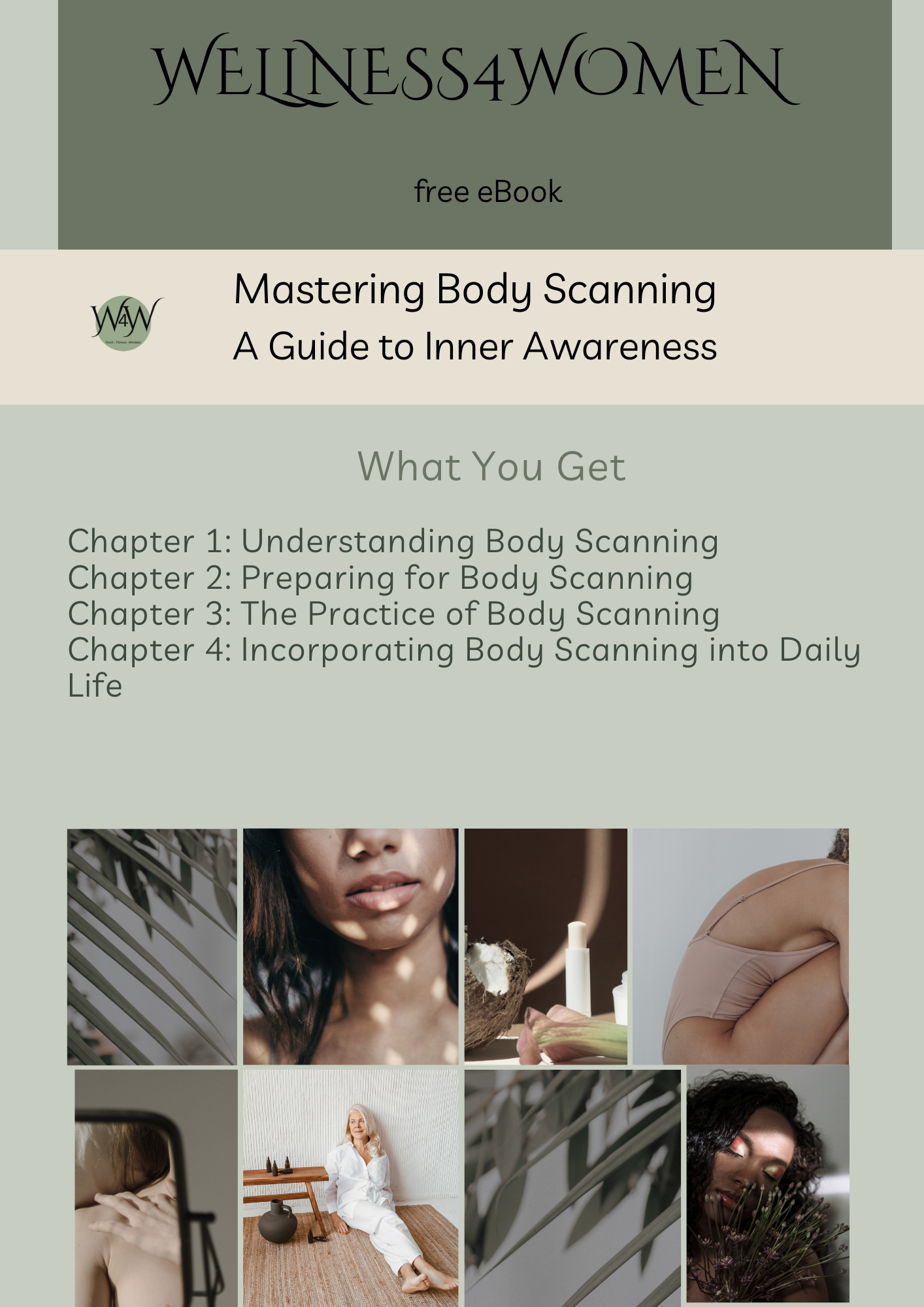One of the blights of humanity is frustration. We get frustrated when we don’t get what we want or what we think we deserve. It seems that we’re a living contradiction. We really are our own worst enemy, working at cross purposes against our own best interest. We want meaning, purpose, and peace of mind, but we aren’t ready to strive or sacrifice for it. Why? Because human beings are forever seeking that kind of thing through enjoyment, which is temporal by nature.
Pleasure is a good thing, and we need to have some fun; however, it’s not the be-all, end-all that we imagine it to be, and we become disappointed with our life and can’t put our finger on why. Maybe it’s about expectations, and when those expectations are not met, we become very disappointed. For example, when we are having fun, and the pleasure we feel comes to an end, we want to chase after it, trying to create familiar feelings of joy. Sometimes we try to recreate experiences at a considerable cost to ourselves; we try to convert pleasure into something permanent.
When life goes wrong, we try to fix it by increasing the feel-good factor and strive to make it stay with us, but we just can’t do it. When we are frustrated, we search for ways to make ourselves happy, and often unwisely so. No matter how hard we try, we cannot make what is temporary permanent, and we cannot make what is imagined real. We can’t get back our loved one who is gone, the job that fell through our fingers is in the past, or even the children who have become adults and now live their own lives many miles from us. Also, it’s worth noting here that the COVID-19 pandemic has taken its devastating toll, and we will never get back what we lost.
Several hundred years ago, along with other religions, Christianity began engaging the West in Mindfulness-Based Stress Reduction. Although it was not named as such, that is precisely what it is, the aim and objective and results being the same. Within the act mindfulness practice, if one removes the idea of God, it still works. However, I prefer to still relate to God as far as mindfulness goes because it enhances not only my mind and body but also my spiritual person.
The scientific evidence to date of the success of mindfulness to enhance human life is overwhelming, and for those interested in their wellness, we cannot ignore it. Various professional disciplines and social movements, such as medicine and health care, psychology and brain science, and education at all levels, the law, business, leadership, and much more, enhance their practice by inserting mindfulness.
Today’s mainstream medicine is developing an ever-growing interest in mindfulness-based intervention, such as Mindfulness-Based Cognitive Therapy (MBCT). Mindfulness is something we can practice for peace of mind and a way of relieving a wide range of chronic medical conditions. It is much like snowmelt flowing inevitably downhill from a high mountain source, flowing around obstacles, finding many pathways under the gentle tug of gravity, and ultimately merging into major rivers systems. The gravitational pull is the promise of liberation from suffering and the potential safe harbour. As human beings prepare for the awakening and embodying of wellbeing, greater wisdom and wise action in the conduct of our individual lives so we may peacefully carry ourselves in the world as a species. In other words, mindfulness can become a normal and natural way to live your life, and the feeling of wellbeing is inevitable. Living a mindful life as Jesus Christ did would not end our frustrations but the beginning of successfully managing them.
Jesus gave us the answer to our frustrations and said don’t chase after things that are here today and gone tomorrow, but rather, strive for eternal things. Eternal things are more satisfying, like top quality peace, joy, and love, that only God can supply. Mindfulness can help us to pursue eternal things naturally and consistently.
Trying to hold onto relationships or things that are gone will leave you frustrated and keep you grieving for as long as you hold onto them. All human relationships, albeit long term, are temporal and subject to the joys and pains of this life; our lives are so fragile and short. The only permanent relationship and forever is a relationship with God offers to us through Jesus Christ.
The nature of my work is that I aim to empower others with education and motivation to help them make for themselves a purposeful and happy life. In addition, I enjoy helping others to set wellness goals and then provide resources, helping you determine which changes would make the most significant impact on your health.
Thank you for visiting me here; I hope this post was helpful.
If it was, please follow this blog, you’ll find a button on the lower bottom right and leave a comment with any questions or prayer requests
CLICK ON LINK BELOW FOR details of my Stress Relief Master Class.
Remember to Live Life on Purpose
Virtual hugs, I look forward to your visit to my next blog post.
Paula Rose Parish?




